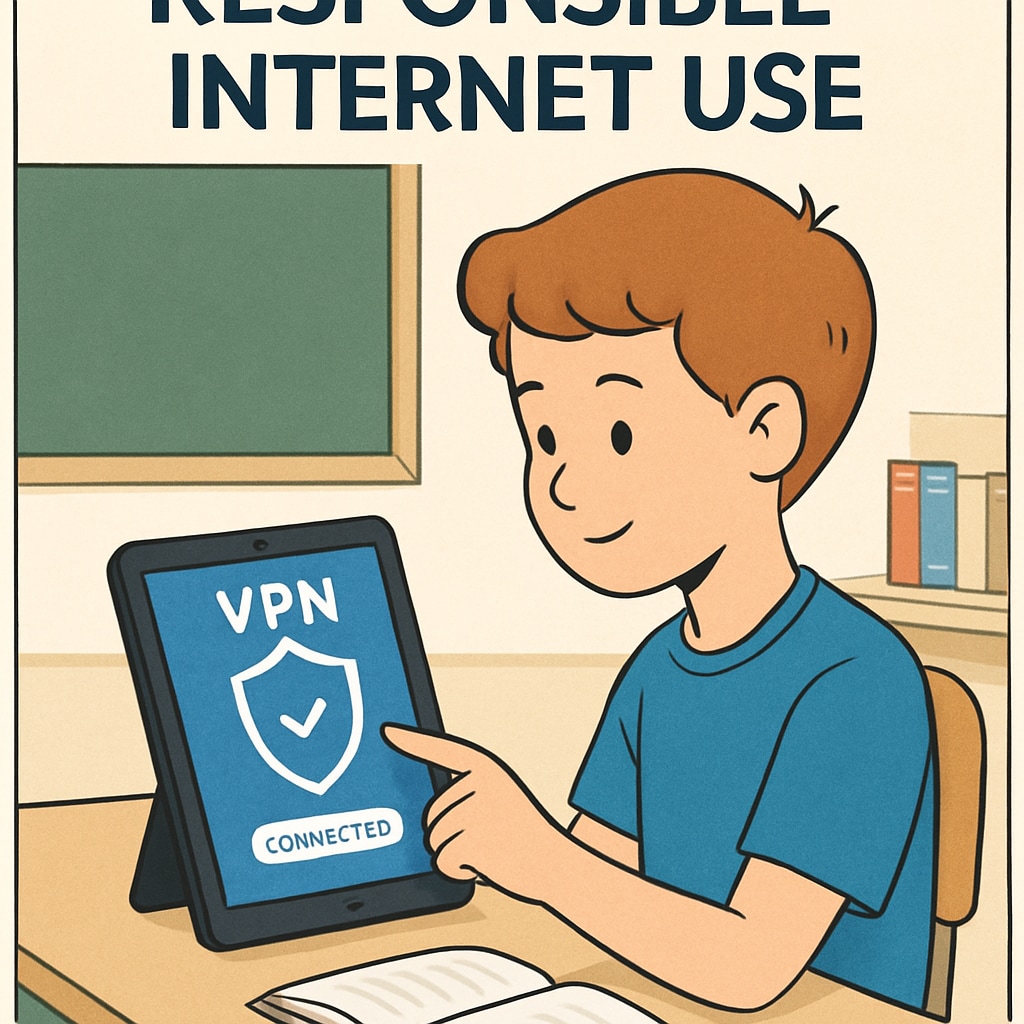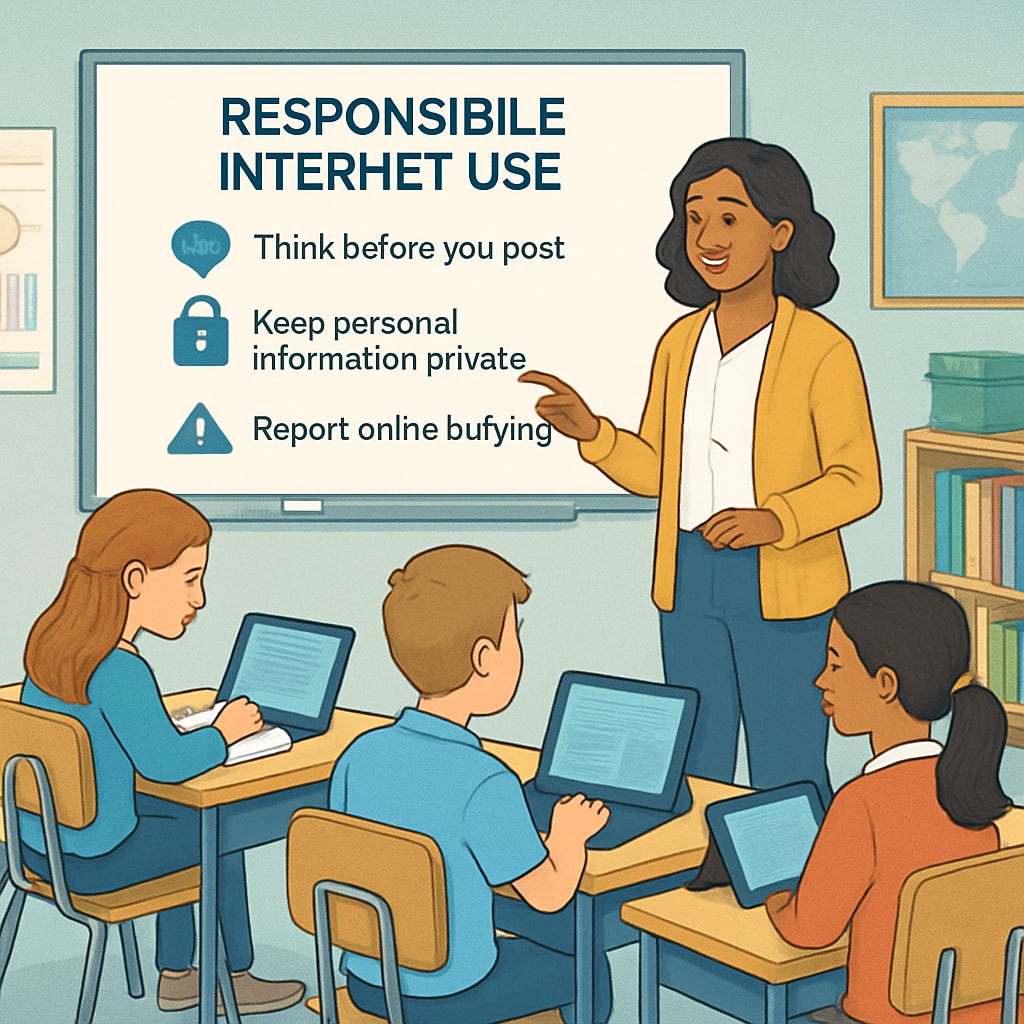The UK’s new age verification laws have triggered a significant rise in the use of virtual private networks (VPNs), especially among younger internet users. As students increasingly gain access to online platforms, K12 schools face mounting pressure to foster responsible digital citizenship. This article explores how schools can equip students with the knowledge and skills to navigate the internet safely, ethically, and legally.
Understanding the Impact of Age Verification Laws
In the UK, age verification laws were introduced to restrict access to certain adult content and ensure compliance with legal frameworks. However, these measures inadvertently led to a surge in VPN usage, as users sought to bypass restrictions. VPNs (virtual private networks) allow individuals to mask their identities and access restricted content, raising concerns about their misuse among younger audiences.

For educators, this poses new challenges in guiding students toward responsible internet use. While VPNs can be legitimate tools for privacy, their misuse could expose students to inappropriate content or cybersecurity threats. Schools must address these concerns proactively.
Why Digital Citizenship Matters
Digital citizenship refers to the ability to use technology responsibly and ethically. With the rise of age verification laws and VPN usage in the UK, teaching digital citizenship has become more critical than ever. Students must understand the importance of adhering to legal requirements and using technology in ways that align with moral and ethical values.
Key components of digital citizenship education include:
- Internet safety: Teaching students how to protect their personal information and avoid online threats.
- Critical thinking: Helping students evaluate the credibility of online content and make informed decisions.
- Legal compliance: Ensuring students understand the implications of bypassing age verification laws.
- Ethical behavior: Encouraging responsible and respectful communication online.
Incorporating these elements into K12 curriculums can help students develop the skills they need to thrive in the digital age.
Strategies for Schools to Promote Responsible Internet Use
Educators must take an active role in promoting digital citizenship. Here are some effective strategies for schools:
1. Implement Digital Literacy Programs:
Digital literacy programs should be age-appropriate and tailored to address the specific challenges students face online. These programs can teach students how to use technology responsibly, identify risks, and avoid harmful behaviors.
2. Offer Cybersecurity Workshops:
Workshops focusing on cybersecurity can educate students about the risks associated with VPN usage, phishing scams, and other online threats. Practical lessons on setting strong passwords and recognizing suspicious online activity are essential.
3. Collaborate with Parents:
Parents play a crucial role in shaping their children’s online behavior. Schools can collaborate with parents by offering resources and workshops that teach them how to monitor and guide their children’s internet use.
4. Foster Open Communication:
Students are more likely to seek help when they face online challenges if they feel supported. Encouraging open communication between teachers and students can create a safe environment for discussing concerns about internet safety.

Moving Forward: Preparing Future Digital Citizens
As the UK’s age verification laws and VPN usage trends continue to evolve, schools must adapt their approaches to digital citizenship education. By equipping students with the tools to navigate the internet safely and responsibly, educators can prepare them for the challenges of the digital age.
In conclusion, fostering responsible digital citizenship is not just about teaching technical skills but also instilling a sense of ethical and moral responsibility. Schools have the power to shape the next generation of internet users, ensuring they contribute positively to the online world while staying safe and compliant with legal standards.
Readability guidance: Use clear language, concise paragraphs, and actionable strategies to help educators implement effective digital citizenship programs. Include examples and practical tips to enhance comprehension.


